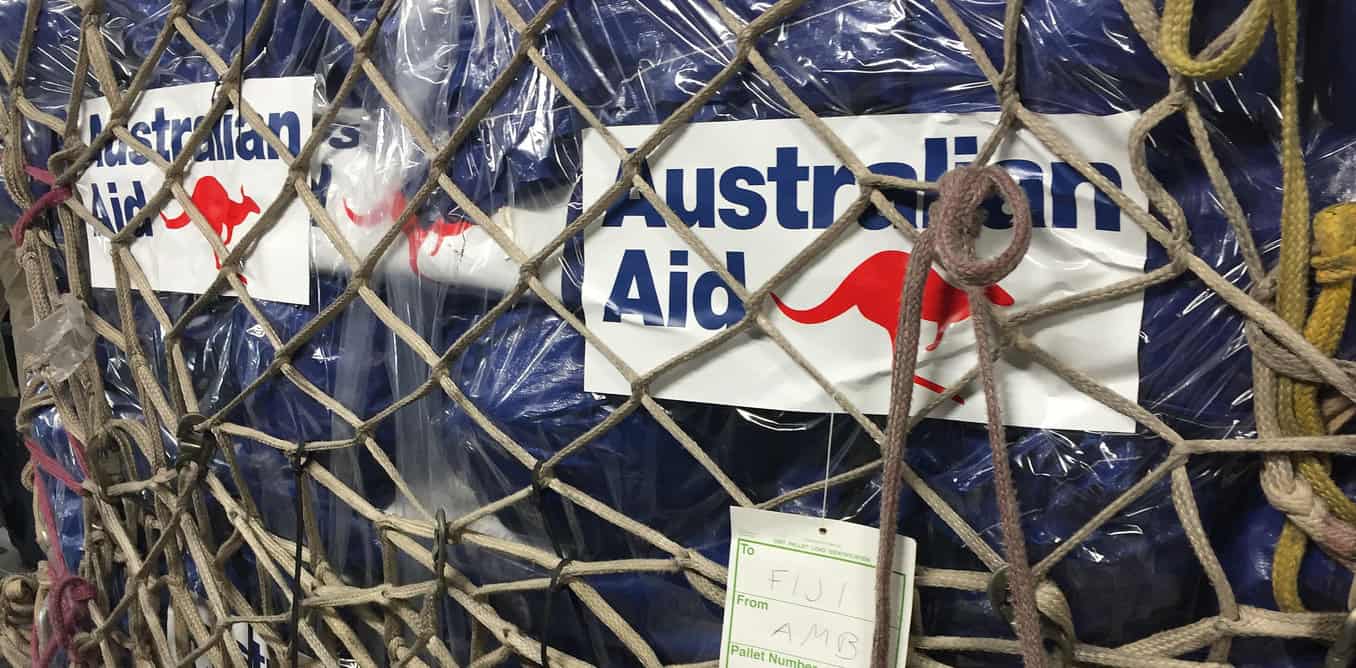A Papua New Guinean minister has delivered scathing criticism of Australia’s aid programme, warning of funds being “wasted” as the Australian government outlines its plan for development assistance in PNG over the next five years.
PNG’s Minister for National Planning Ano Pala raised the issue of “boomerang aid” and development inefficiencies at an event in Port Moresby on Thursday night.
The comments came after Australia’s Minister for International Development and the Pacific Pat Conroy launched the government’s new Australia-Papua New Guinea Development Partnership Plan.
“While expressing gratitude for Australian dedication and timely assistance, the government of PNG recognises the need for cohesive and impactful interventions,” Pala said.
“The ongoing discussions surrounding boomerang aid and concerns about funds being switched, withheld in Canberra and absorbed by Australian management contractors and consultants, emphasises the importance of ensuring tangible outcomes for the PNG citizens.”
Pala asked Australia to “allocate resources that directly benefit the community, rather than focusing primarily on sectors that incur high administrative and consultation costs”.
The rare public criticism surprised many who attended the launch.
Earlier, Conroy gave a speech saying the plan was guided by PNG’s needs and aspirations.
“As we approach 50 years of PNG’s independence, PNG’s development needs have changed, and so too must Australia’s development programme,” Conroy said.
Australia is PNG’s biggest development partner, spending an estimated $637.4 million (US$434 million) in official development assistance this financial year.
More than $2.5 billion (US$1.70 billion) in budget support loans have also been provided to PNG since 2019 according to the Department of Foreign Affairs and Trade.
Conroy said the new plan outlined cooperation to improve roads, electricity access, education, women’s rights and security in PNG.
“As we have for all of the 49 years so far since independence, Australia is backing in PNG’s economic development and ambition for its people,” he said.
While Pala thanked Australia for its assistance, he urged the nation to maximise money spent on the ground in PNG.
He also called for an urgent review of the Australian Infrastructure Financing Facility for the Pacific’s function in PNG and the establishment of an in-country office by 2025.
“Let me make it very clear that having multiple projects in all sectors may seem impressive, but it results in duplication of efforts and the resources being spread thinly across these sectors, leading to wastage and lack of impact,” Pala said.
“It is therefore the desire of the Marape-Rosso government to work closely with the Australian counterparts to ensure that Australian aid program is delivered in a more targeted and coordinated way, so that the impacts are visible and felt and greatly appreciated by the people of this country.”
He pointed to successful projects, such the redevelopment of the Angau Memorial Hospital in Lae, which received $250 million (US$170 million) in Australian government funding.
Conroy’s office has not responded to the ABC’s request for comment following the remarks.
On Friday he will travel to Bougainville, making him the first Australian minister to visit the autonomous region since it voted overwhelmingly for independence from PNG in 2019. While there,Conroy will meet with ABG President Ishmael Toroama, who is leading the region’s push to become the Pacific’s newest nation.
